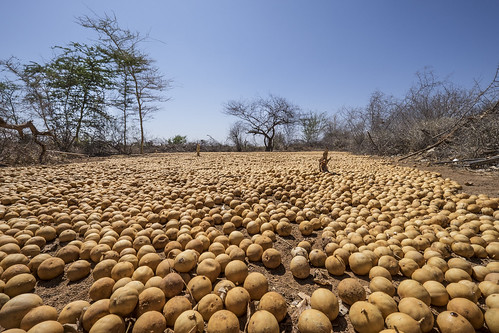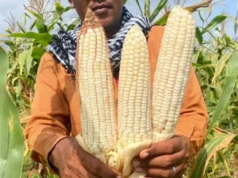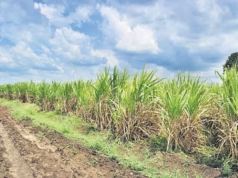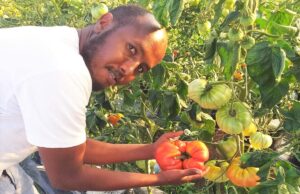Dry lemon exportation is an emerging agricultural trade sector in Somalia, driven by the country’s favourable climate and agricultural potential. Though Somalia is often associated with livestock exports, the exportation of dry lemons has become a growing economic opportunity. This report highlights the development of dry lemon exportation in Somalia, its contribution to the economy, and the challenges it faces in becoming a major export sector.
Somalia’s agricultural sector benefits from a semi-arid to arid climate, ideal for cultivating citrus fruits such as lemons. Traditionally, Somali farmers have produced fresh lemons for local consumption, with excess produce often going to waste due to limited storage and processing facilities. However, the growing international demand for dry lemons, particularly from Middle Eastern and Asian countries, has opened up new export opportunities. Dry lemons are used as a key ingredient in herbal teas, traditional medicines, and various culinary products.
The process of drying lemons involves sun-drying or using dehydration machines, which extends the shelf life of the fruit and makes it suitable for export. This value-adding process has encouraged smallholder farmers and agricultural entrepreneurs to explore dry lemon production as a source of income. The exportation of dry lemons has the potential to boost Somalia’s agricultural exports while diversifying the country’s economy beyond livestock trade.
Despite this potential, several challenges hinder the full development of the dry lemon export sector. One major issue is the lack of modern processing facilities. Most farmers rely on traditional drying methods, which can be inconsistent and fail to meet international quality standards. Additionally, limited access to international markets, insufficient export infrastructure, and a lack of government support have slowed the sector’s growth.

Another significant challenge is the absence of a structured agricultural export policy focused on fruits and horticultural products. While Somalia has made strides in reviving its agricultural sector, dry lemon exportation still lacks the institutional backing needed to scale up production and compete internationally. Limited access to finance, agricultural training, and technology further restricts the ability of small-scale farmers to engage in large-scale production.
Efforts to improve the sector have included initiatives by international organizations and non-governmental agencies, focusing on agricultural development and export promotion. These efforts have helped some farmers improve their processing techniques and access better markets. However, a more comprehensive approach involving the Somali government, investors, and international trade partners is needed to fully unlock the potential of dry lemon exportation.
In conclusion, dry lemon exportation presents a promising economic opportunity for Somalia. With the right investment in processing facilities, agricultural training, and export infrastructure, the country can become a competitive player in the global market for dry lemons. Diversifying agricultural exports through products like dry lemons could reduce Somalia’s reliance on livestock exports and create new economic opportunities for rural communities, contributing to long-term economic stability and food security.














